Google joins AI forces with Adobe but its new foldable phone isn’t for us
Announcing it had joined forces with Adobe on Bard, Google’s news was tempered by the fact its folding phone won’t be available in Australia.
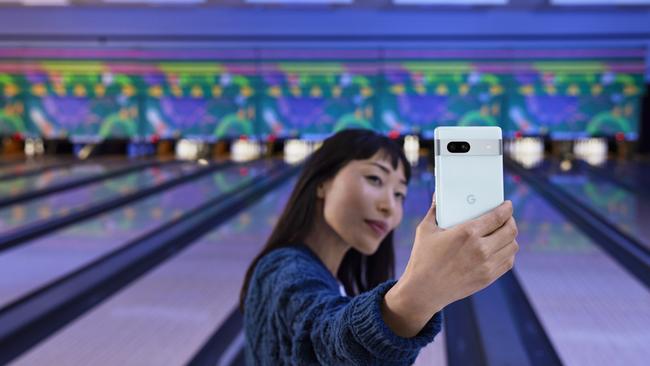
Google has struck a major AI deal with Adobe, integrating the creative design company’s own AI product Firefly into Bard to allow users to generate their own images and designs.
The announcement, delivered at Google I/O in California overnight, was one of a number updates regarding its AI products including introducing Duet AI into Google’s suite of products such as Maps, Sheets, Slides, Docs and Gmail.
The search engine giant also introduced a number of new portable and mobile devices, but Google Pixel Fold – the company’s first folding phone – won’t get to Australia.
Devices which will land in the local market are Google’s first local Pixel Tablet and a low-cost version of the company’s Pixel phone, the Pixel 7A.
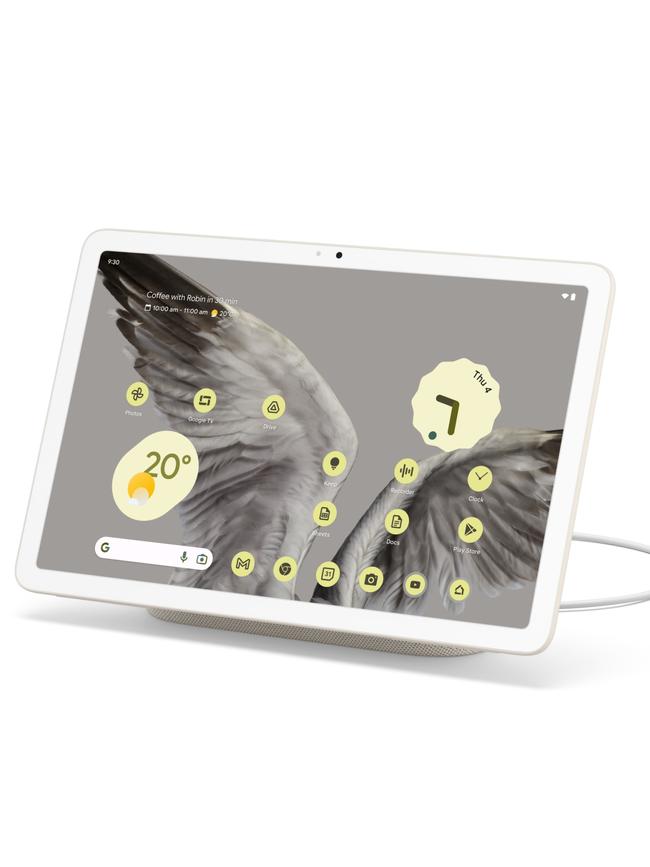
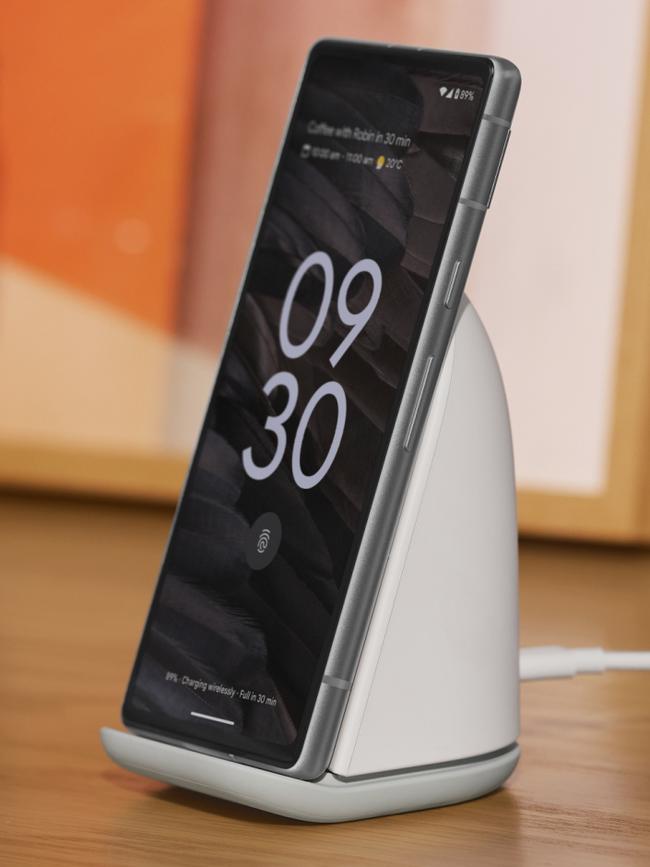
Google appears to be learning from legal implications associated with ChatGPT, introducing a new feature in its AI product Bard which will – from next week – start to display source citations.
Citations will work across blocks of code and other content which can be viewed when a user underlines certain text in a Bard response.
The company has also introduced a dark theme targeting developers as well as an export function for code.
The company announced it would bring Bard to two of the most tech-forward countries in Asia by releasing Bard in Japanese and Korean. The two languages form part of a target of 40 languages which Google says Bard will be able to operate in soon.
The product will be opened up to 180 countries after its initial waitlist was removed.
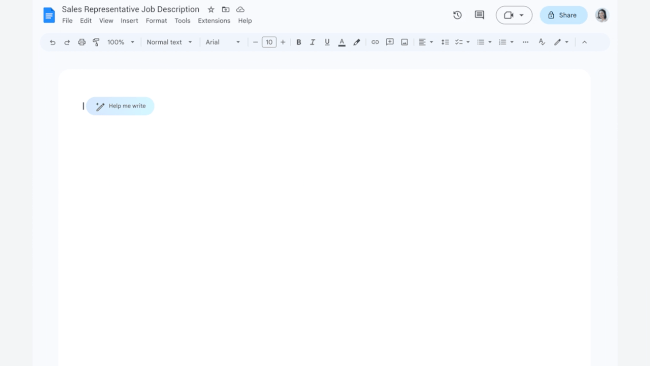
The Adobe partnership will result in Google users being able to ask Bard to design an image using the Firefly product.
The company showed off an example of a parent designing a birthday party invitation for their child. Users would later be able to edit the photos they have commissioned Bard to produce in Adobe Express.
Google Lens was another product to benefit from an integration with Bard which and it will now be able to – for instance – scan an image of two dogs and write a caption based on their breed and other factors.
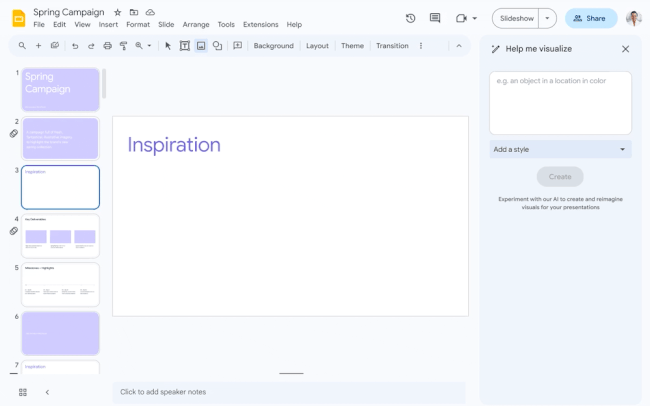
Google has flagged that it would bring Bard into more of its apps as well as its partners such as Kayak, OpenTable, ZipRecruiter, Instacart, Wolfram and Khan Academy.
On Google’s new mobile device range, the company has finally released the Google Pixel Fold. The launch has been met with some difficulty, thanks to a leaked video which surfaced on Twitter two weeks ago.
While Google didn’t say much at the time, it did take to Instagram on Friday to release a teaser-style video to Instagram showing the new device.
Google follows both Samsung and Microsoft into what’s otherwise a rather limited folding phone market. Similar plastic OLED technology is used on the larger flip phone market which includes devices made by Oppo, Motorolla and Samsung.
Earlier this year Samsung displayed the ability to produce a multi-direction folding phone while Oppo showed off a rollable screen which could extend on demand.
A key selling point of the device was the introduction of a free VPN but Google rolled out a complimentary VPN to all customers of its cloud-storage service Google One in Australia in March.
Google’s new Pixel 7A is 6.1-inch in size and includes Google’s Tensor G2 processor, a dual-camera system, a battery which can last between 24-72 hours, 8GB of RAM and a refresh rate of 90HZ.
The Pixel Tablet is an 11-inch device which retail between $899 to $999 depending on the storage size which ranges from 128GB to 256GB.
The new tablet bears some resemblance to the Google Nest Hub, arriving with its own docking station. It’s also Google’s first tablet (others have been released in the US) to include Chromecast, allowing users to cast video from their Pixel mobile to the tablet.
The tablet features the Google Tensor G2 chip built in as well as the Titan M2 security chip.







To join the conversation, please log in. Don't have an account? Register
Join the conversation, you are commenting as Logout